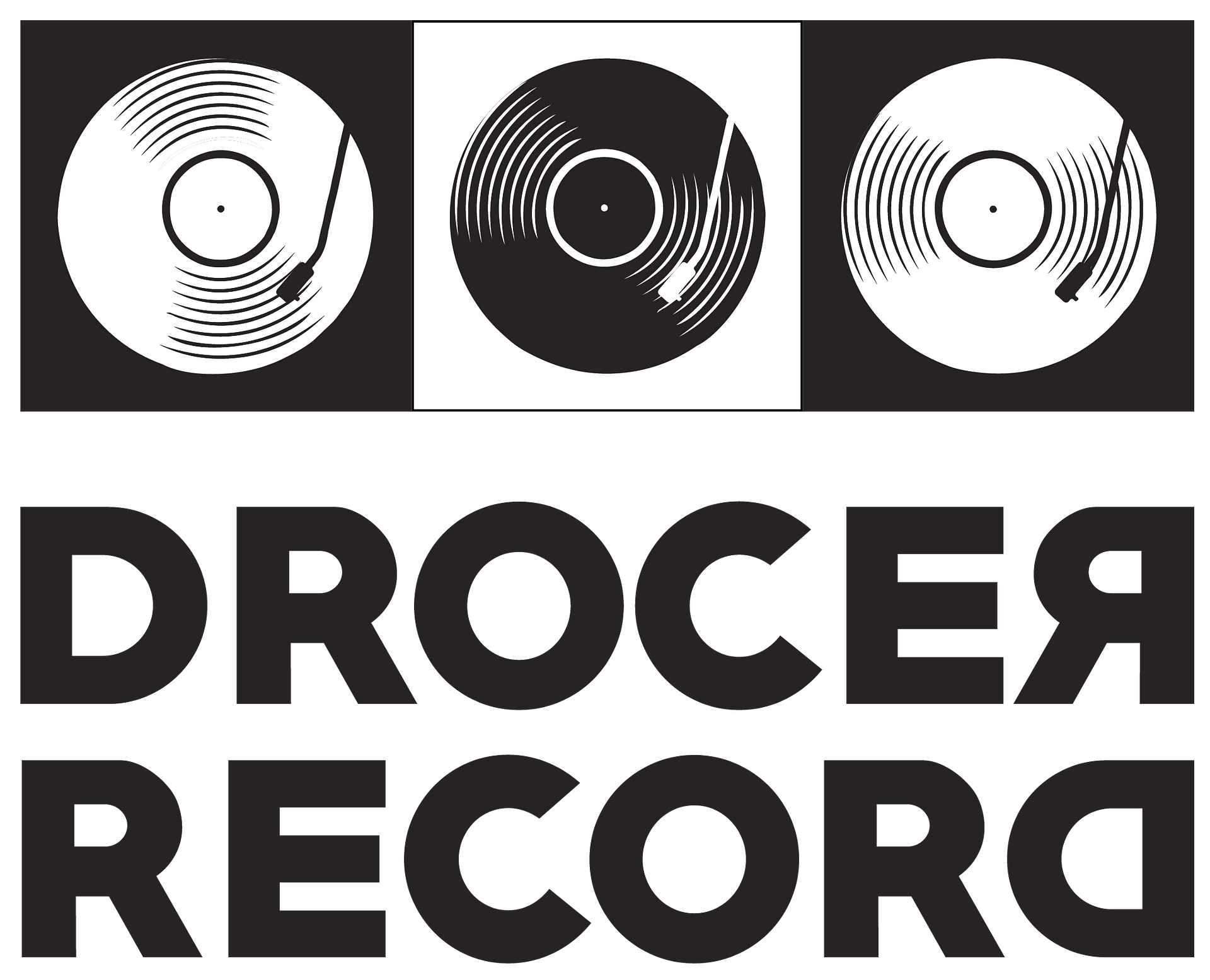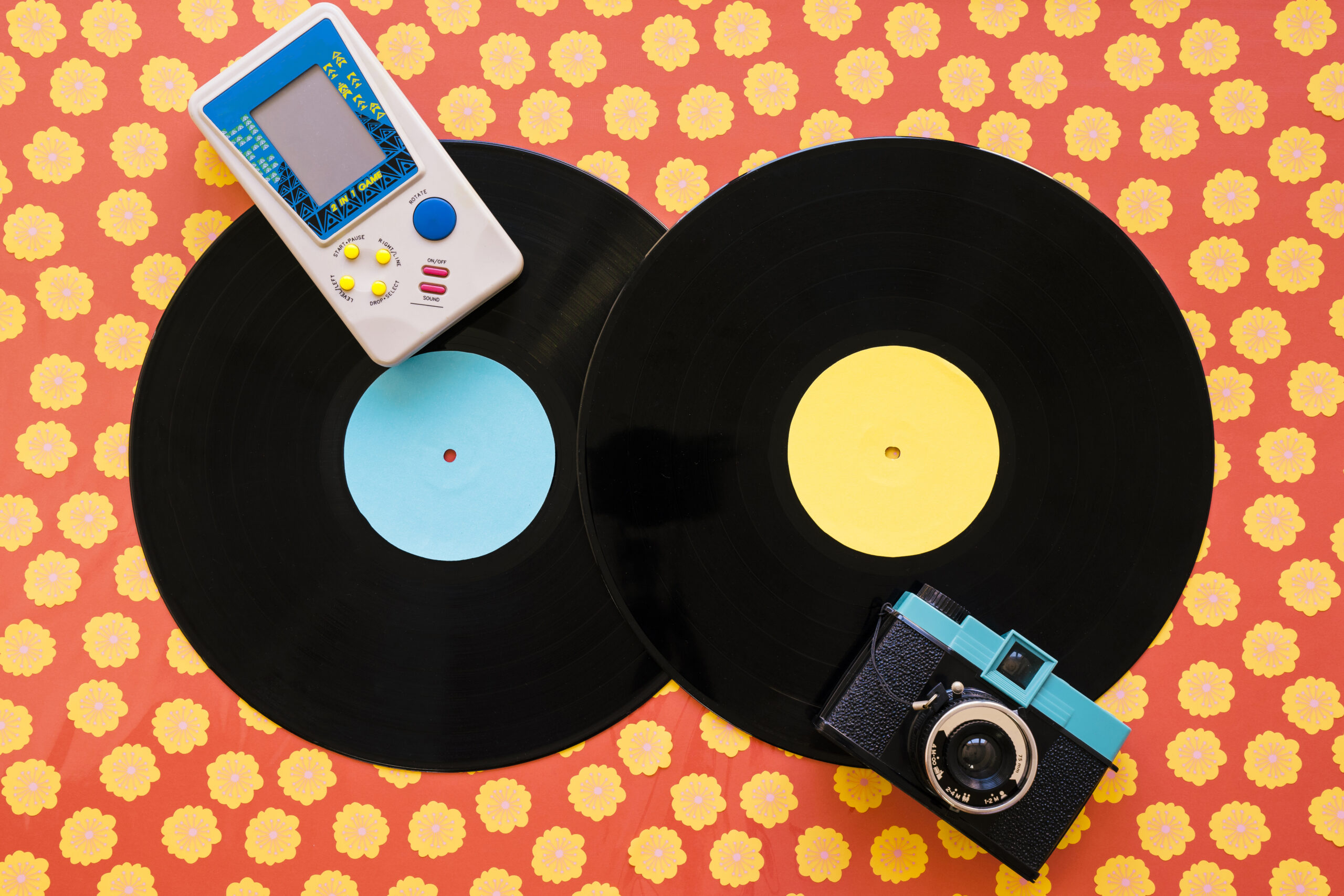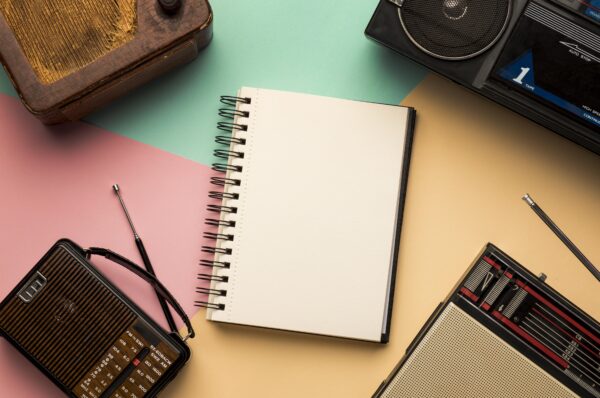Vinyl records, a pillar of music consumption for decades, were beloved for their natural richness and touch. But in the digital age of streaming and digital download, do you know if vinyl records actually are better for music? Let’s discuss it, going into the audio, the tech, and the experience, to find out if vinyl really does reign supreme.
The Science of Sound: Vinyl vs. Digital
1. Analog vs. Digital Sound
Vinyl records are analog, in that the sound wave remains the same as it was. Digital forms, however, map sound into 1s and 0s by sampling.
- Advantages of Analog: Vinyl captures the full range of sound waves, preserving nuances that digital formats might miss due to sampling limitations.
- Digital Strengths: High-resolution audio files can achieve impressive clarity, and streaming platforms make music more accessible than ever.
2. Dynamic Range
Dynamic range is the separation between the smallest and largest sounds on a track. Vinyl and digital formats tend to be more dynamic than vinyl as a result of newer technology.
- Vinyl’s Warmth: While digital formats may boast a wider range, some listeners argue that vinyl’s slight compression creates a more pleasant, warm sound.
3. Frequency Response
Vinyl records can reproduce a frequency range that’s comparable to digital formats. However, the playback equipment—from the turntable to the speakers—plays a significant role in the perceived quality.
For the best experience, pair your turntable with high-quality speakers. Check out Best Speakers For Vinyl Records to find the perfect match for your setup.
Technical Advantages of Vinyl Records
1. Continuous Signal
Unlike digital formats that sample the audio signal at intervals, vinyl provides a continuous signal. This continuity preserves the original recording’s essence, offering a more immersive listening experience.
2. No Data Loss
Digital compression, especially in formats like MP3, often sacrifices audio fidelity for smaller file sizes. Vinyl records, being physical analog media, do not experience such compression.
3. Tactile Connection
While not a technical advantage per se, the physical nature of vinyl—from the grooves to the needle—creates a connection that many listeners cherish.
Limitations of Vinyl Records
- Surface Noise: Vinyl is susceptible to pops and crackles caused by dust, scratches, or imperfections.
- Wear and Tear: Over time, the grooves of a vinyl record can degrade, affecting sound quality.
- Portability: Vinyl records and turntables are not portable compared to digital devices.
To mitigate these issues, proper care is essential. Learn more about How to Take Care of Vinyl Records.
Digital Music’s Edge
1. Convenience
Digital music is accessible anywhere, anytime. Services like Spotify and Apple Music allow instant streaming of millions of tracks.
2. Storage
Thousands of songs can fit on a smartphone or in the cloud, whereas vinyl records require significant physical space.
3. Precision
High-resolution digital audio files can replicate recordings with exceptional accuracy, rivaling or even surpassing vinyl’s quality.
Sensory and Emotional Appeal of Vinyl
1. Visual and Physical Interaction
Vinyl records come with artwork, liner notes, and a tangible feel that digital files lack. The ritual of placing a record on the turntable and dropping the needle enhances the listening experience.
2. Emotional Connection
The imperfections and slight variations in vinyl playback add a human touch, creating an emotional bond that digital formats may not evoke.
3. Community and Collectibility
Vinyl enthusiasts often connect through their shared passion, whether by exchanging records or discussing the best turntables. Explore Buy Vinyl Records Player to join the vinyl community.
Comparing Vinyl and Digital for Music Genres
1. Classical Music
Vinyl’s ability to preserve subtle nuances makes it a favorite for classical music enthusiasts.
2. Rock and Jazz
The raw, uncompressed sound of vinyl complements the organic tones of rock and jazz.
3. Electronic and Pop
Digital formats excel in these genres, offering precision and deep bass that vinyl may not fully capture.
Maintaining Vinyl Records for Optimal Sound
Proper maintenance is crucial to ensure your vinyl records deliver the best sound. Here are a few tips:
- Clean Regularly: Use a record cleaning brush to remove dust.
- Store Correctly: Keep records upright in a cool, dry place. Learn How to Store Vinyl Records.
- Handle with Care: Always hold records by the edges to avoid fingerprints.
Final Verdict: Is Vinyl Better for Music?
Vinyl records are technically superior to tape with continuous analog signal, and tactile experience. Yet, between vinyl and digital it is down to preference.
- Choose Vinyl If: You value warmth, physical media, and the ritualistic nature of listening.
- Choose Digital If: Convenience, portability, and pristine sound quality are your priorities.





